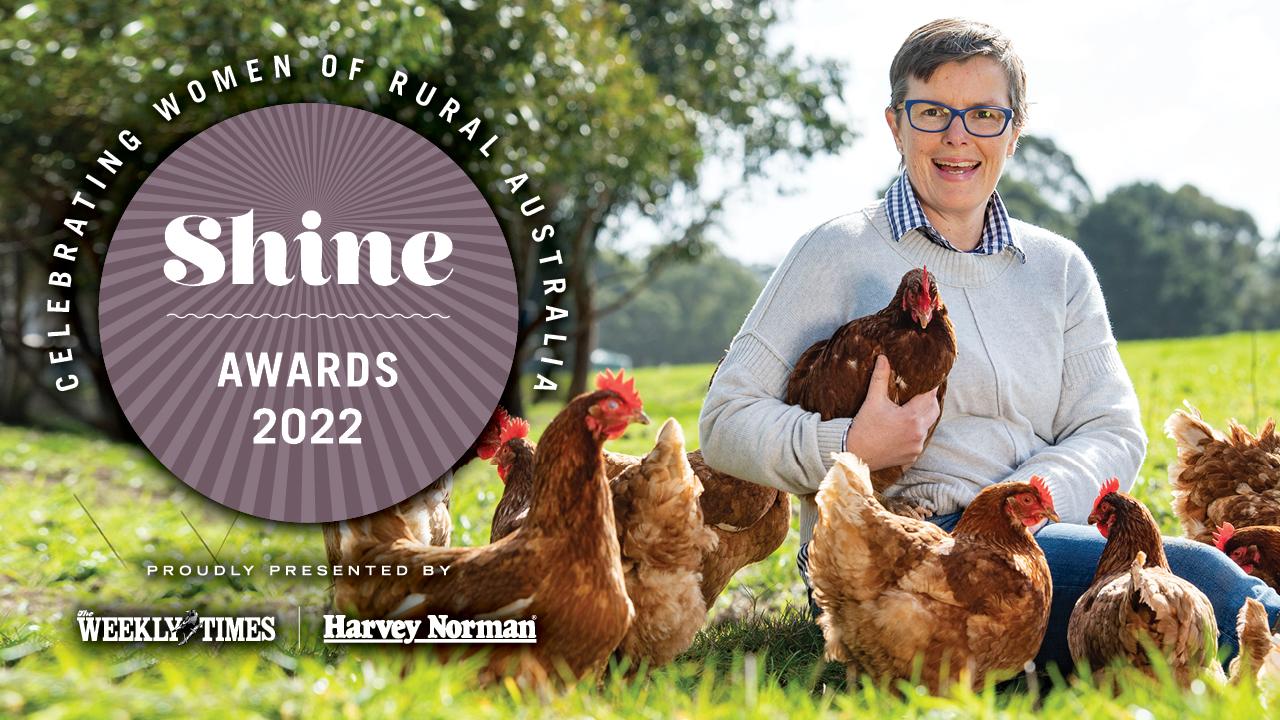
The Shine Awards is a campaign by The Weekly Times, supported by Harvey Norman, celebrating the passion, dedication, spirit, belief, grace and courage of women across rural and regional Australia. Nominate a rural woman who makes a real difference in her community or industry, so we can share her story.

Grants are available for eligible horticulture enterprises operating in Victoria. The Program will provide for up to 50 per cent of eligible costs to purchase and commercially install new horticultural netting (fixed and demountable), to a maximum of $150,000 (ex GST). The application period for this grants program is between 17 August 2022 and 17 October 2022. Visit the Ag Vic website for more information.
From 11.59pm on Thursday 8 September, the following changes apply:
Additional self-isolation requirements
The new orders around the self-isolation period for positive cases include some additional requirements to reduce the risk of transmission of COVID-19.Anyone leaving isolation after five days cannot visit or work at a sensitive setting – such as hospitals, residential aged care, disability care settings or in-home care for the next two days, or if they have COVID-19 symptoms.
Please be advised that the mainland apple and pear industry applications for the export of apples and pears to Thailand are now open for the 2023 season.
Summary of changes and key points
Please click on this link for more information - https://www.agriculture.gov.au/biosecurity-trade/export/controlled-goods/plants-plant-products/ian/2022/2022-56

National Agriculture Day
Friday 18th November
National Agriculture Day is your chance to celebrate and learn about Australia’s incredible farm sector. Held on the third Friday of November each year, it’s one day to celebrate an industry that’s part of our lives every single day.
Ways to get involved:
Visit the website for more information on how to get involved..

Hear from guest speakers and industry experts on topics ranging from:
The events will be delivered as a series of webinars and face to face sessions throughout regional Victoria, so it’s never been easier to participate. Most events are free to attend.
© Summerfruit Export Development Alliance